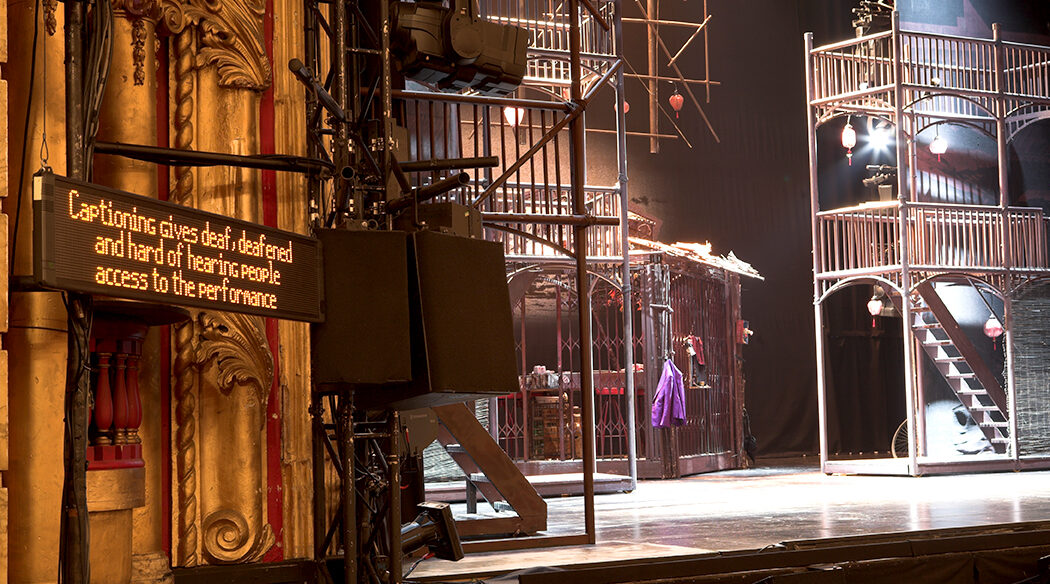The BBC report that 6 million additional adults than previously thought, are deaf, deafened or hard of hearing in the UK, taking the total figure to 18 million people, simply highlights to us the need for accessibility. Although the higher number may be surprising, six million adults didn’t go deaf overnight and the RNID article here explains how the figures have increased.
As a charity focused on deaf access, this news matters to Stagetext, because more people could be benefiting from accessible events. Everyone should be able to access, enjoy and take part in arts and culture, as friends, family or in social groups.
Stagetext is acutely aware that deafness and lack of access can have a negative impact on people’s social and mental health – they may feel isolated, depressed or lonely. Our work in supporting cultural venues and organisations to provide deaf access in the form of theatre captions, or live or digital subtitles can have a transformative effect on both the individual and their social circle.
But what impact could the news that there are 6 million more adults who have been identified as deaf, deafened or hard of hearing, make on a venue’s audience development plan, engagement strategy and strategic investment? Ultimately it means additional potential revenue. By including a previously excluded group of people, more customers and visitors can become part of a cultural community. A sense of place, ownership and inclusion is vital for the arts to thrive in economically tough times.
It has always been imperative to ensure that access is embedded from the start, not as an afterthought – and this takes a bit of strategic planning and the long view. Our own research has revealed that 77% of the UK population is in favour of venues offering more captioned performances to deaf, deafened and hard of hearing audiences and that if more captioning was offered by live venues, a third (31%) of the general public would be more likely to increase their attendance at live shows.
This research is also supported by Indigo Ltd and Spektrix’s Tomorrow’s Audience report that revealed that more than a third of under 35 new-to-arts audiences would welcome additions to performances to improve inclusivity, especially captions.
So what investment is required (if any) to provide a good level of deaf access? If most people using subtitles are aged 25 and under, the investment is about futureproofing arts and cultural venues for tomorrow’s audiences. As captions and subtitles become the norm for TV, film, games and social media, it will be more and more imperative for arts and culture venues and organisations to show their long-term commitment to access as audiences expectations change.



